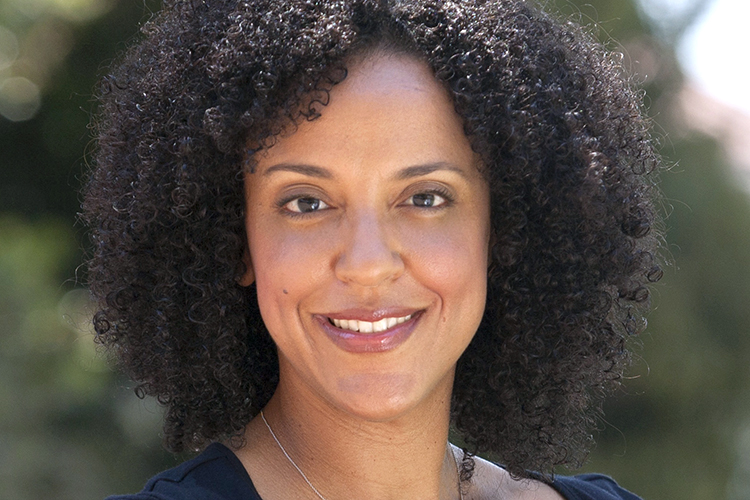Who owns America’s schools? Professor Janelle Scott on ‘No Jargon’ podcast

Listen to Scott's No Jargon interview.
Read the transcript of Scott’s No Jargon interview.
With education in the U.S. becoming more privatized than ever before comes mounting inequality within the education system, says Janelle Scott, a professor in the Graduate School of Education and the Department of African American Studies at UC Berkeley. In an interview with No Jargon, a podcast by the Scholar’s Strategy Network, Scott discusses what charter schools and vouchers are, why they are so controversial and how they disproportionately lead to public school closures in urban areas.
“We are seeing, I think, some very robust and deep trends in urban school districts around the country, around these particular forms of privatization,” says Scott. “Many districts are facing a situation in which both gentrification and growing inequality has meant that they have schools that they have deemed underutilized. And so, they are engaging in closures. And what’s happening is that we’re seeing a parallel growth in the number of charter schools in those districts. And we’re also seeing heightened activity, in terms of contracting with the private sector to provide services that the district had otherwise been providing.”
While some charter schools are set up to be intentionally diverse, says Scott, others use a sorting mechanism that gives families and schools the power to choose each other — something that ends up sorting children into schools that are racially or socioeconomically segregated, in many ways. One of the areas of concern, she says, is what kinds of charter schools black and Latinx students are concentrated into.
“Many of the schools that we see this heavy concentration of black and Latinx kids, who also come from high-poverty families, are what have been called ‘no excuses’ charter schools,” she says. “These are schools that are based on a set of pedagogical teaching and learning assumptions that students need strict discipline, order, longer school days, longer school years, with an emphasis on behavior and behavior targets. In many ways, it’s a sort of highly regimented, back-to-basics kind of model.”
The dynamics that these charter schools create within the black and Latinx communities, she says, have become part of a revitalized conversation that supports trying to finally desegregate schools in the U.S.
